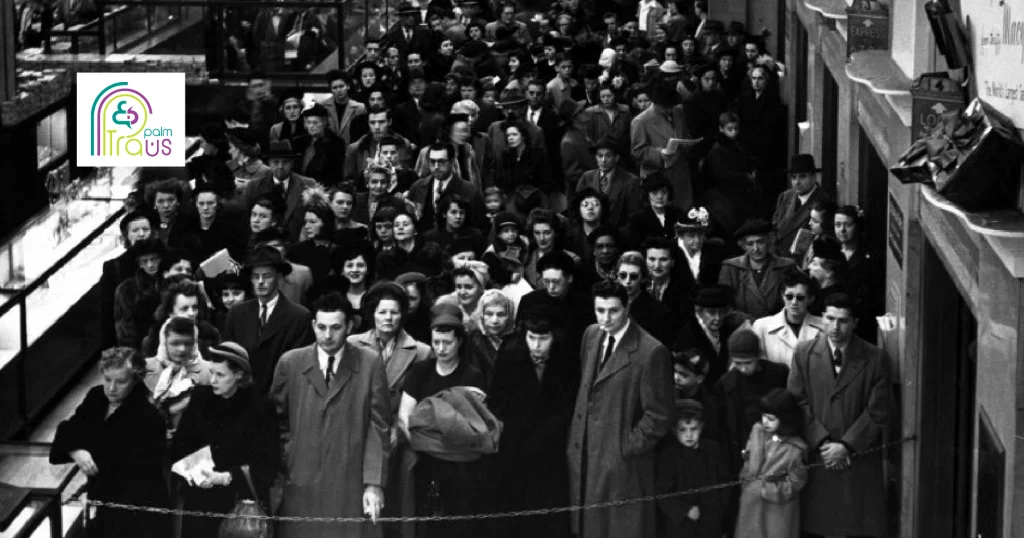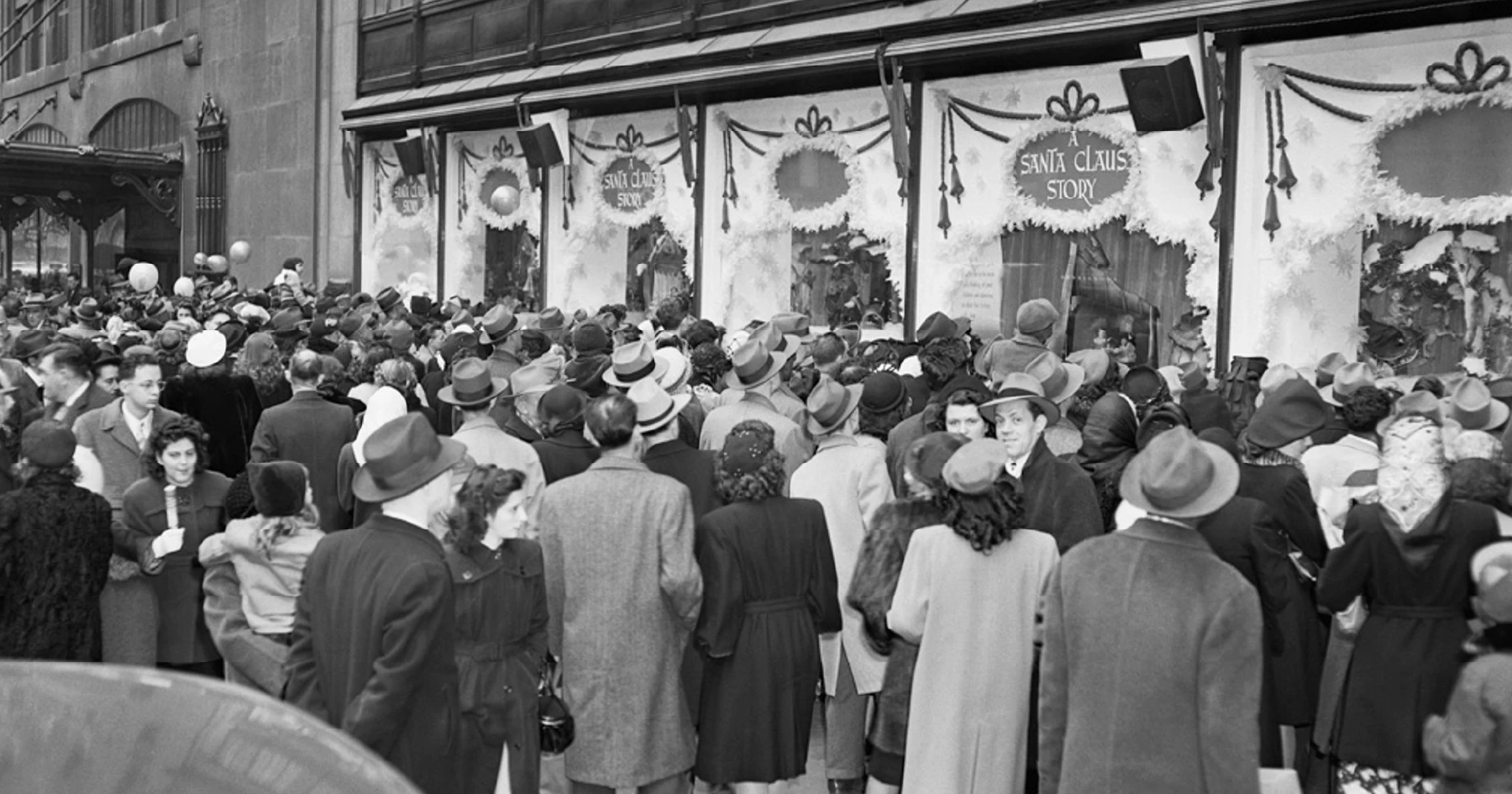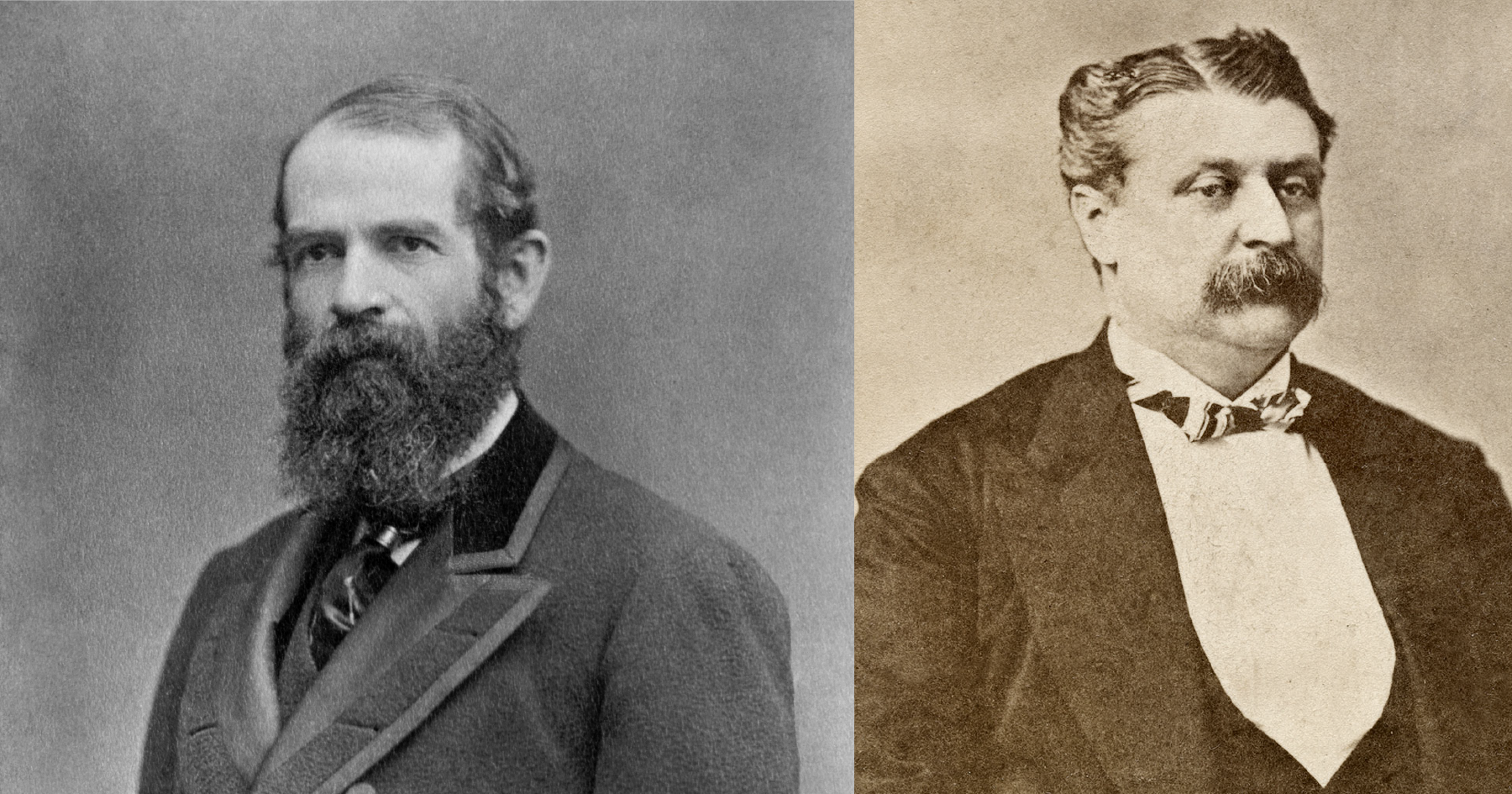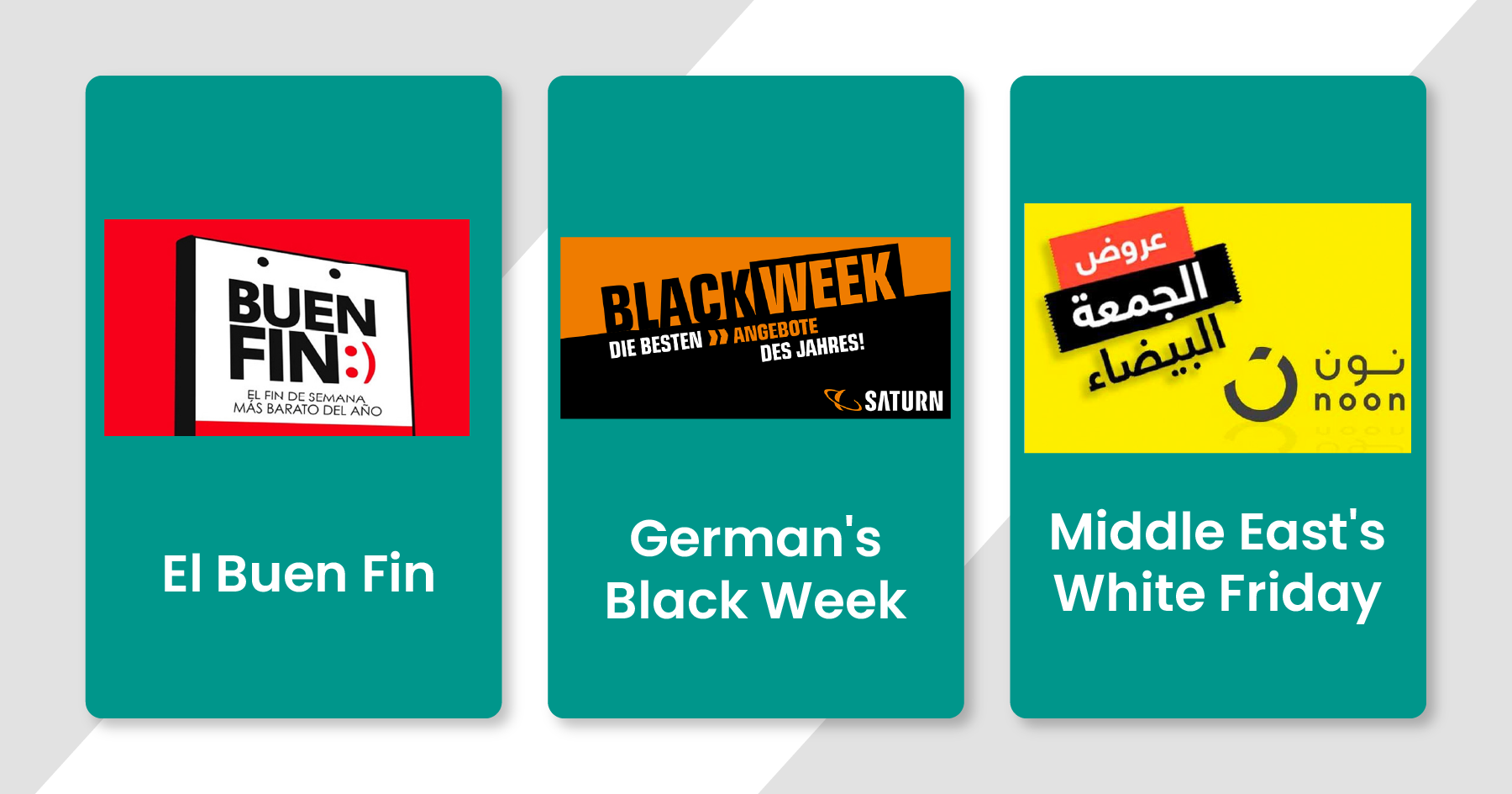Black Friday has become known for its massive sales, shopping frenzy, and the start of the holiday shopping season. It falls on the Fourth Thursday of November in the United States. But where did this shopping event originate?
In this blog post, we will explore the origin of Black Friday, tracing its roots from the Philadelphia story about chaotic traffic jams to the global shopping phenomenon that both retailers and consumers eagerly anticipate each year.
Black Friday’s Evolution From Traffic Jams to Profit Margins
Philadelphia police officers began using the term “Black Friday” in the mid-20th century to describe the crowds, terrible traffic jams, and increased workload that reached 12-hour shifts the day after Thanksgiving. The city was flocked with shoppers, creating a chaotic atmosphere and posing challenges for officers to manage it.
Adding to this, the annual Army-Navy football game often coincided with this holiday shopping season, which further complicated the situation in Philadelphia, turning the streets into complete chaos.
Merchants initially disliked the term “Black Friday”, and tried to rebrand it as “Big Friday” to remove the negative connotation associated with the chaos.
In the late 1980s, retailers reframed Black Friday as the day they transformed from the red-to-black profit narrative. This rebranding helped people associate Black Friday with exciting deals and discounts rather than the previously negative connotation. Since then, businesses have started rolling out powerful marketing campaigns to promote sales and special discounts, establishing Black Friday as a massive shopping event.
The “Black Friday” of 1869
Surprisingly, “Black Friday” has a historical background that is unrelated to shopping but a financial crisis. In 1869, the Wall Street financiers, Jay Gould and Jim Fisk, collaborated to buy as much of the nation’s gold as they could, with the aim of driving prices sky-high.
However, on Friday, September 24, their plan unraveled, causing a crash in the U.S. gold market and sending everyone into bankruptcy. Although this event happened before the Philadelphia story, its connection to the modern Black Friday is still debated.
There’s even another story behind the name “Black Friday”. In the 1950s, on the Friday after Thanksgiving, factory managers noticed that many of their employees decided to call in sick to extend the holiday weekend, causing disarray in the workplace, as a result, it was called “Black Friday”.
The New Era of Black Friday
Over time, Black Friday has expanded from a single-day event to a multi-day shopping spree filled with discounts and special offers. It also spawned other shopping-related days like “Giving Tuesday,” which encourages charitable donations, and “Small Business Saturday,” which supports local retailers.
The emergence of eCommerce has also drastically changed everything for Black Friday and the holiday shopping season. Now, customers can shop conveniently from their homes anytime and anywhere, and Black Friday is more accessible to a larger audience than ever before. “Cyber Monday” is another recent addition to online shopping events, focusing on online deals and motivating consumers to continue spending well beyond Black Friday.
Navigating Cultural Differences on Black Friday
The concept of Black Friday has become a global shopping phenomenon, with an estimated 50-60% of the 195 countries, from the United Kingdom to Saudi Arabia and beyond, adopting it in some form.
The growing popularity of Black Friday worldwide makes it really important to understand the traditions and customs of each region. Businesses need to create marketing campaigns that resonate with diverse audiences.
So, if you have ever wondered how this shopping extravaganza operates globally, here’s a look at how it differs from the U.S. Black Friday in some countries:
- Germany embraces this shopping tradition but alters it slightly. It’s referred to as “Black Week” and “Black Shopping” with sales that last for a whole week. However, the Black Friday sales are not as big as in other countries.
- Mexico called it “El Buen Fin”, which means “The Good Weekend” to be more relevant to Mexican culture and customer behavior.
- In the Middle East, the term “White Friday” is used instead of “Black Friday” in countries like Saudi Arabia and the UAE to avoid the negative connotations associated with the black color.
- India participates in Black Friday around their festive period in October, when Diwali takes place.
Companies should be mindful of cultural differences to connect effectively with their audience on Black Friday. Therefore, it’s essential to partner with a trustworthy translation and localization services provider to adapt marketing materials, website content, application, and product descriptions, ensuring a seamless shopping experience for the local audience.
Get a 5% Discount on All TransPalm Language Services
As you prepare for Black Friday, don’t forget to linguistically and culturally adapt your marketing materials. TransPalm offers a special 5% discount on all our translation and localization services to resonate with your international audience. Seize this golden chance to navigate the global market and enhance your business impact.
Discuss Your Project with Our Experts.









